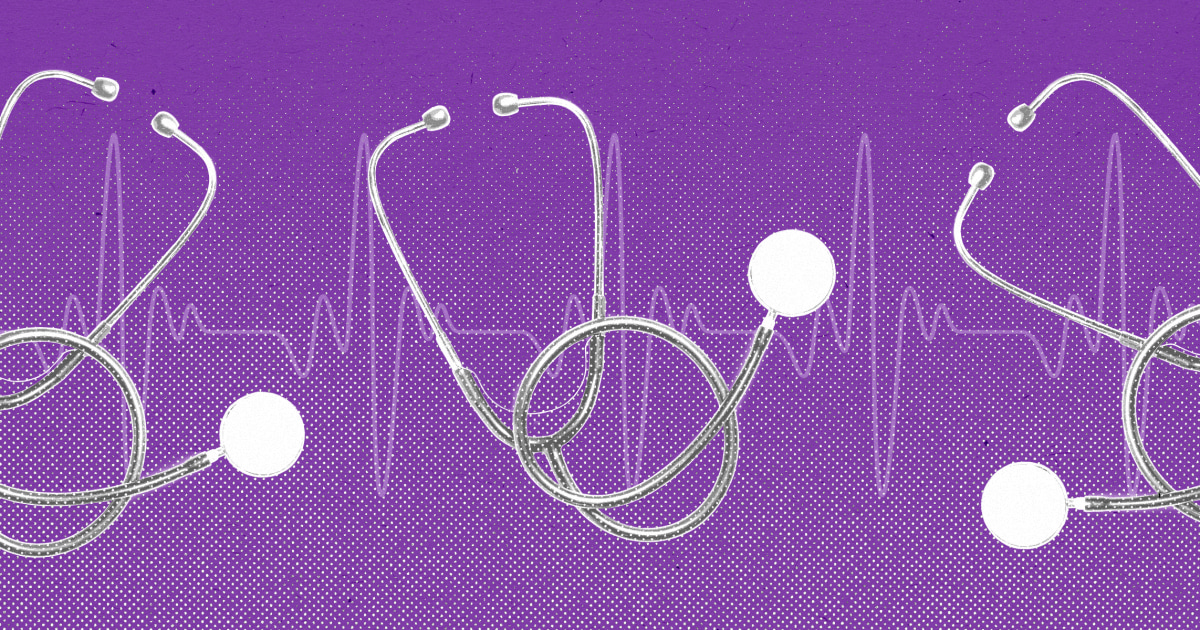Maintaining a healthy lifestyle while navigating a demanding career can feel like an impossible balancing act. But for many, especially those in high-stress professions, finding a sustainable approach to healthy eating is crucial for both physical and mental well-being. A cardiologist’s unique perspective on nutrition and weight management, developed through years of observing the impact of diet on heart health, offers valuable insights for anyone seeking practical strategies for a “work diet”.
The Cardiologist’s Perspective on Healthy Eating
Cardiologists, by the nature of their profession, are acutely aware of the direct link between diet and cardiovascular health. They witness firsthand the consequences of poor dietary choices and the positive impact of healthy eating habits. This unique vantage point shapes their approach to weight management and overall well-being, emphasizing preventative measures and sustainable lifestyle changes over quick fixes.
Prioritizing Whole, Unprocessed Foods
One of the core tenets of a cardiologist-approved diet is the emphasis on whole, unprocessed foods. This means focusing on fruits, vegetables, lean proteins, and whole grains while minimizing the intake of processed foods, sugary drinks, and unhealthy fats. “The closer a food is to its natural state, the better it is for your heart,” explains Dr. Emily Carter, Chief of Cardiology at City General Hospital. “Processed foods are often laden with sodium, unhealthy fats, and added sugars, all of which can contribute to high blood pressure, high cholesterol, and weight gain.” According to a 2023 study published in the Journal of the American Heart Association, individuals who consumed primarily unprocessed foods had a significantly lower risk of developing cardiovascular disease.
Mindful Portion Control
Even with healthy food choices, portion control remains paramount. Overeating, regardless of the nutritional value of the food, can lead to weight gain and strain the cardiovascular system. Cardiologists often recommend using smaller plates and bowls to help manage portion sizes. “It’s about being mindful of how much you’re eating,” says Dr. David Lee, a preventive cardiology specialist. “Pay attention to your hunger cues and stop eating when you’re satisfied, not stuffed.” The National Institutes of Health (NIH) provides comprehensive guidelines on recommended daily calorie intake based on age, sex, and activity level, serving as a valuable resource for individuals seeking to manage their weight effectively.
Strategic Snacking for Sustained Energy
For busy professionals, strategic snacking can be a game-changer. Instead of reaching for sugary or processed snacks, cardiologists recommend opting for healthy alternatives that provide sustained energy and help prevent overeating at meals. Good choices include fruits, vegetables with hummus, nuts, and yogurt. “Snacking isn’t the enemy; it’s about making smart choices,” states a report from the American College of Cardiology. “A handful of almonds can provide a satisfying crunch and a boost of healthy fats, keeping you feeling full and focused between meals.”
Hydration is Key
Adequate hydration is often overlooked but plays a crucial role in weight management and overall health. Drinking plenty of water throughout the day helps to curb hunger, boost metabolism, and improve energy levels. Cardiologists recommend aiming for at least eight glasses of water per day. “Dehydration can often be mistaken for hunger,” notes Dr. Carter. “Before reaching for a snack, try drinking a glass of water and see if that satisfies your craving.” Furthermore, a 2024 study by the Mayo Clinic found that individuals who drank water before meals consumed fewer calories overall.
The Importance of Regular Exercise
While diet is a cornerstone of heart health, regular exercise is equally important. Cardiologists recommend aiming for at least 150 minutes of moderate-intensity aerobic exercise or 75 minutes of vigorous-intensity aerobic exercise per week. This can include activities such as brisk walking, jogging, swimming, or cycling. “Exercise not only helps to burn calories and manage weight but also strengthens the cardiovascular system and improves overall mood,” explains Dr. Lee. “Even small amounts of physical activity can make a big difference.”
Creating a Sustainable Healthy Eating Plan
The key to long-term success is creating a sustainable healthy eating plan that fits your lifestyle and preferences. This involves making gradual changes, finding healthy recipes that you enjoy, and building a support system to help you stay on track. “It’s not about perfection; it’s about progress,” emphasizes Dr. Carter. “Focus on making small, sustainable changes that you can maintain over the long term.” Consulting with a registered dietitian or nutritionist can also provide personalized guidance and support.
Adopting a cardiologist’s approach to healthy eating offers a practical and sustainable path to weight management and improved cardiovascular health. By prioritizing whole foods, practicing mindful portion control, strategically snacking, staying hydrated, and incorporating regular exercise, individuals can achieve their health goals and enjoy a healthier, more energetic life. Remember, small changes can lead to significant improvements over time, and consistency is key to long-term success.
